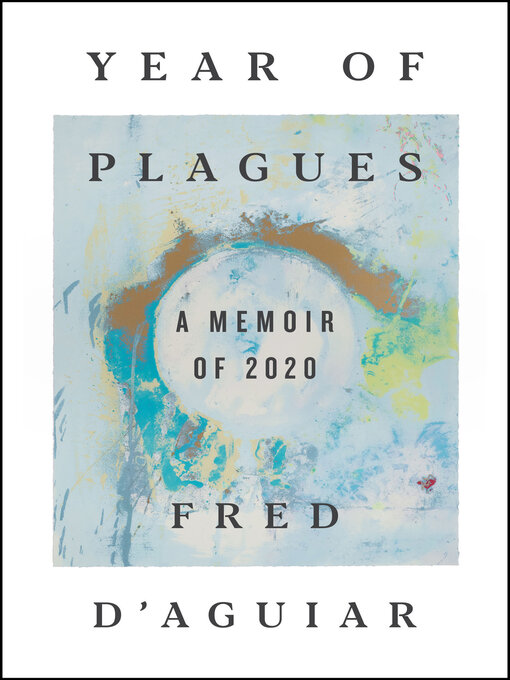In this piercing and unforgettable memoir, the award-winning poet reflects on a year of turbulence, fear, and hope.
For acclaimed British-Guyanese writer Fred D’Aguiar, 2020 was a year of personal and global crisis. The world around him was shattered by the impact of the Covid-19 pandemic, Black Lives Matter protests erupted across the United States, California burned, and D’Aguiar was diagnosed with stage 4 cancer.
Year of Plagues is an intimate, multifaceted exploration of these seismic events. Combining personal reminiscence and philosophy, D’Aguiar confronts profound questions about the purpose of pursuing a life of writing and teaching in the face of overwhelming upheavals; the imaginative and artistic strategies a writer can bring to bear as his sense of self and community are severely tested; and the quest for strength and solace necessary to help forge a better future. Drawn from two cultural perspectives—his Caribbean upbringing and his American lifestyle—D’Aguiar’s beautiful and challenging memoir is a paean of resistance to despotic authority and life-threatening disease.
In his first work of nonfiction, D’Aguiar subverts the traditional memoir with highly charged language that shifts from the lyrical to the quotidian, from the metaphysical to the personal. While his experience could not be darker, its rendering is tinged with light and joy, captured in prose that unfolds in wonderful, unexpected ways. Both tender and ferocious, Year of Plagues is a harrowing yet uplifting genre-bending memoir of existence, protest, and survival.




